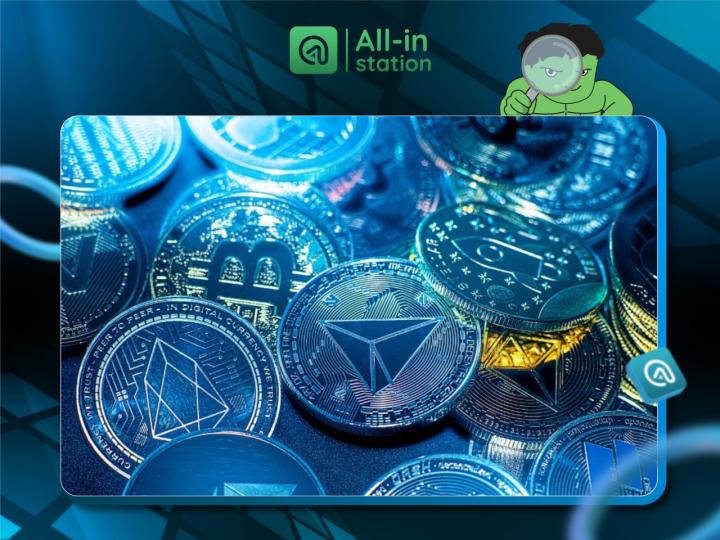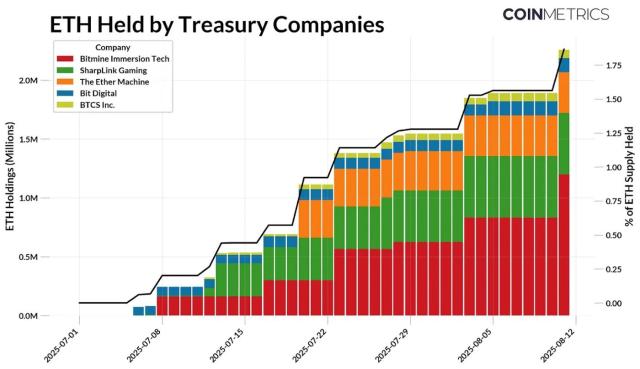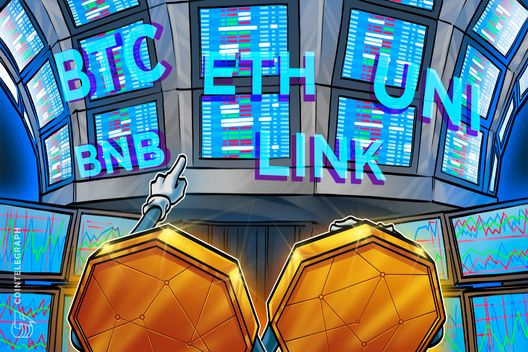Today (12), the decentralized prediction market platform Polymarket announced upgrading the OOV2 oracle to MOOV2, introducing a "proposal whitelist" system. As soon as the news broke, the blockchain community began heated discussions about whether this includes centralization concerns.
Efficiency Incentives
In the old OOV2 version, any address could submit proposals, theoretically achieving complete openness, but in practice, problems were rampant. Newcomers lack judgment and often lose their deposit by submitting ambiguous or incorrect markets, while experienced users suffer from settlement delays lasting several days.
The most representative case is the NASCAR market controversy, involving about $60,000, with settlement times repeatedly extended, consequently slowing down fund circulation and weakening the platform's real-time nature.
Polymarket pointed out that MOOV2 hands proposal rights to whitelist members, who can first coordinate topics through channels like Discord, and then submit trusted addresses on-chain, expected to shorten the average settlement time to within one day.
From a product perspective, this change directly addresses three major pain points: reducing newcomer risks, preventing deposit abuse, and improving market liquidity.

Controversy
The current community controversy stems from whether decentralization becomes nominal when proposal power is concentrated in a few addresses. How whitelist members are generated, whether they can be publicly audited, and how to add accountability in case of errors are focal points the community urgently wants to clarify.
Polymarket acknowledged in its official documentation that while restrictions can improve quality, they inevitably bring centralization risks. Supporters believe that professional proposals help reduce controversy rates to a controllable range; opponents question whether the whitelist might form a closed circle that could sway real event decisions by a few.
Additionally, the objection mechanism remains open to all addresses, theoretically preserving the community's ultimate arbitration power. However, if initial proposals deviate, subsequent dispute processes may increase time and costs, ultimately not conducive to the original intent of "verifiable by everyone".
Oracle Dilemma
Oracles are crucial bridges connecting on-chain contracts with real-world events, where transparency and efficiency often conflict. Historically, OP oracles, including UMA, have fallen into arbitration deadlocks due to ambiguous political, sports, and other event determinations. Community members frequently mention UMA oracle issues.
Polymarket's choice to first solve speed and misuse problems, then reduce error rates through whitelist review, reveals the realistic pressure faced by blockchain prediction markets in scaling. If completely adhering to no thresholds, platform operations and fund flow might stagnate. Conversely, if power is significantly centralized, it could easily shake users' trust in decentralization.








